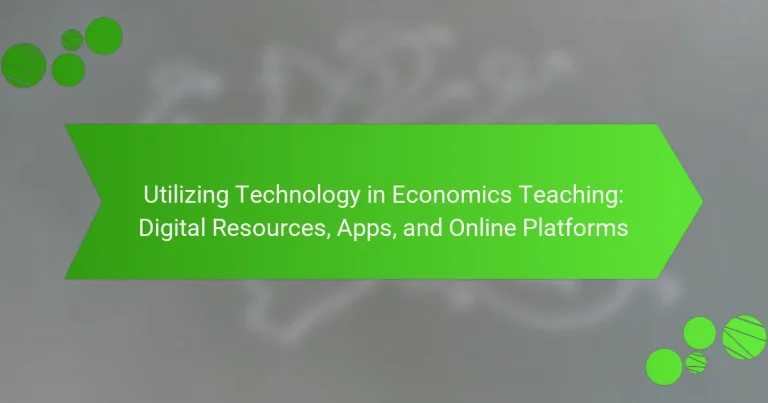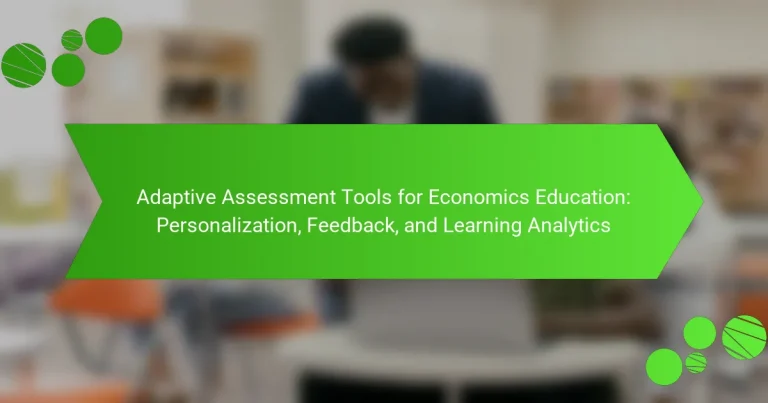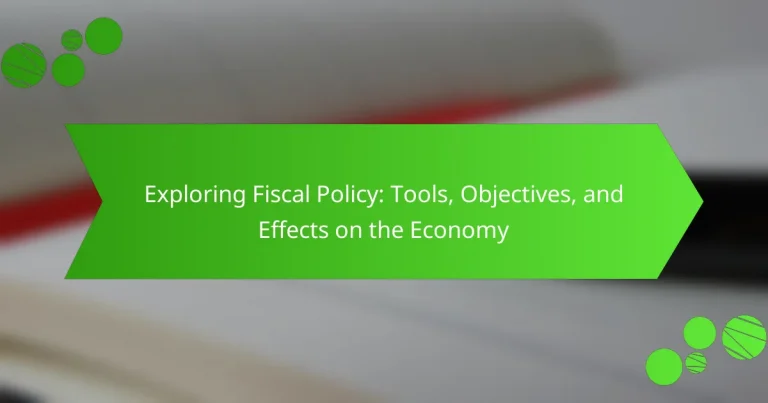

The Role of Incentives in Economics: Types, Effects on Behavior, and Case Studies
Incentives are rewards or penalties that influence the behavior of individuals and organizations, significantly impacting economic decisions and market outcomes. This article explores the various types of incentives, including financial rewards like bonuses and taxes, as well as non-financial motivators such as social recognition. It examines how incentives drive specific actions, supported by case studies…
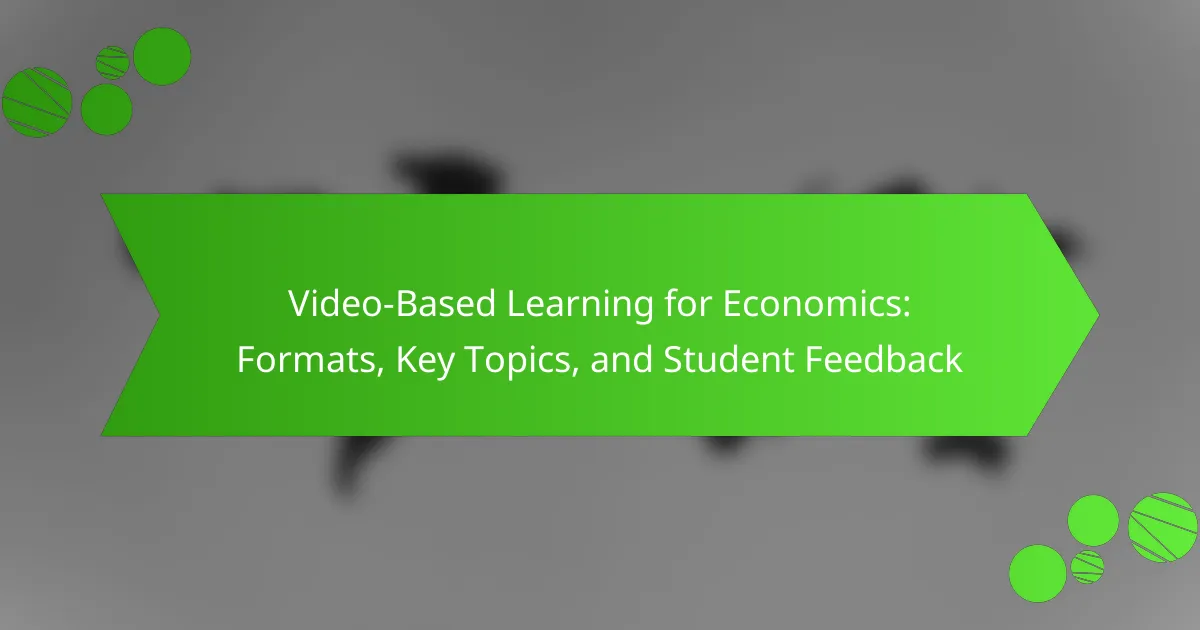
Video-Based Learning for Economics: Formats, Key Topics, and Student Feedback
Video-based learning for economics is an innovative educational approach that employs videos to effectively convey economic concepts. This method enhances comprehension through visual representation, incorporating lectures, animations, and real-world examples. Research indicates that video-based learning significantly boosts retention rates, with studies revealing that students engaging with video content achieve higher assessment scores. The format supports…
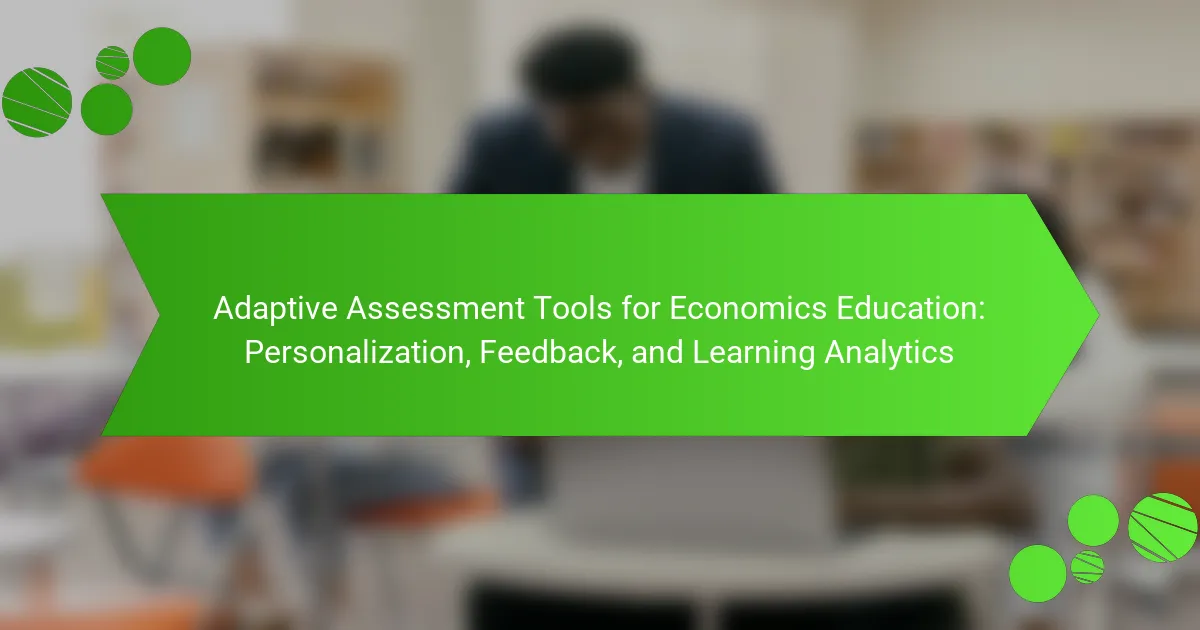
Adaptive Assessment Tools for Economics Education: Personalization, Feedback, and Learning Analytics
Adaptive assessment tools for economics education are digital platforms designed to modify the difficulty of assessments based on individual student performance. These tools enhance personalized learning by tailoring questions to meet the specific needs of each learner, utilizing algorithms to analyze responses and provide immediate feedback. Research demonstrates that adaptive assessments improve learning outcomes, with…

Austrian Economics: Fundamental Theories, Key Proponents, and Contemporary Relevance
Austrian Economics is a prominent school of economic thought that focuses on individual action and subjective value, originating in the late 19th century with economists such as Carl Menger, Ludwig von Mises, and Friedrich Hayek. This economic framework emphasizes the significance of free markets, entrepreneurship, and the limitations of government intervention, while also critiquing central…

Peer Assessment Tools for Economics Education: Processes, Benefits, and Challenges
Peer assessment tools in economics education are instruments that enable students to evaluate the work of their peers, fostering collaborative learning and critical thinking. These tools, which can include rubrics, feedback forms, and online platforms, promote active engagement with economic concepts and enhance understanding and retention. Research indicates that such assessments not only improve comprehension…

Collaborative Online Resources for Economics: Platforms, Tools, and Impact on Learning
Collaborative online resources for economics are digital platforms that enhance shared learning and knowledge exchange among users. These resources encompass websites, forums, and collaborative tools specifically designed for economic studies, featuring interactive components such as discussion boards and real-time data analysis. Prominent examples include platforms like Coursera and Khan Academy, as well as specialized economic…

Innovative Assessment Tools for Economics Education: Types, Effectiveness, and User Feedback
Innovative assessment tools for economics education include digital simulations, online quizzes, and interactive case studies. These tools enhance student engagement by allowing for real-world application of economic theories, promoting critical thinking and decision-making skills. Research indicates that such innovative assessments lead to improved learning outcomes and comprehension of complex concepts. User feedback highlights the effectiveness…

Economics lesson plans: structure, objectives, and assessment methods
Economics lesson plans are structured frameworks that include key components such as objectives, materials, activities, assessments, and reflection. These elements guide educators in delivering effective economics education tailored to various learning environments, whether traditional or online. The article emphasizes the importance of differentiating instruction to accommodate diverse learning styles and highlights best practices for creating…

Economics textbooks for high school students: key concepts, learning outcomes, and supplementary resources
High school economics textbooks cover essential economic concepts, including supply and demand, opportunity cost, the role of government, and various economic systems such as capitalism and socialism. Key macroeconomic indicators like GDP and unemployment rates, along with topics such as inflation and monetary policy, are also explored. Students develop critical thinking and analytical skills through…

Economics video lectures: platforms, subject coverage, and viewer engagement
Economics video lectures are educational presentations that focus on economic concepts and theories, delivered by instructors or experts in the field. These lectures are available on various online platforms, including Coursera, edX, Khan Academy, YouTube, and Udemy, covering topics such as microeconomics, macroeconomics, and international trade. Engagement strategies, such as interactive elements and real-world examples,…


